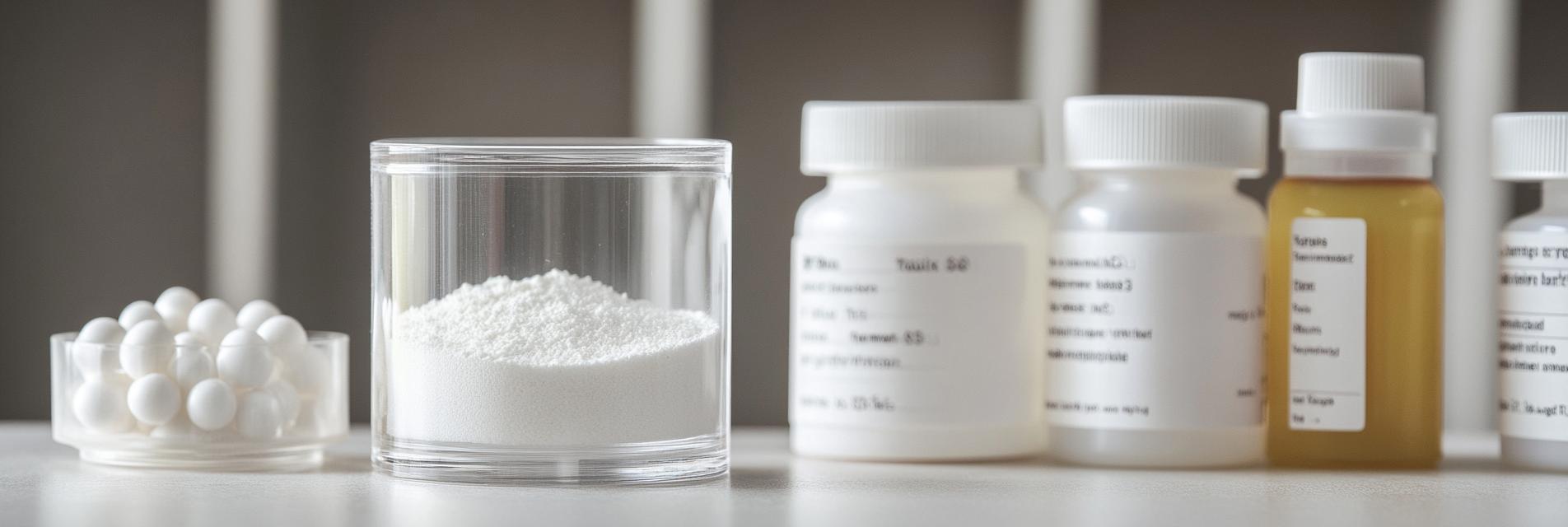In the realm of polymer science, the choice of plasticizers is crucial for optimizing the performance of materials. This article presents a comparative analysis of TBC (Tributyl Citrate) and traditional plasticizers, investigating their specific attributes and industrial applications.
TBC stands out with its biodegradable nature, offering an eco-friendly alternative to conventional plasticizers that often contain phthalates. The low volatility and thermal stability of TBC make it ideal for food packaging and medical applications, where safety is paramount. In contrast, traditional plasticizers may provide greater flexibility but carry concerns related to environmental and health effects.
Both TBC and traditional plasticizers find extensive use in industries such as packaging, automotive, and construction. However, as sustainability becomes a priority, more manufacturers are shifting towards TBC to align with regulatory standards.

As manufacturers and researchers strive for optimal material formulations, understanding the differences between TBC and traditional plasticizers is essential. Future trends indicate a growing preference for sustainable choices like TBC, shaping the future of polymer additives.
